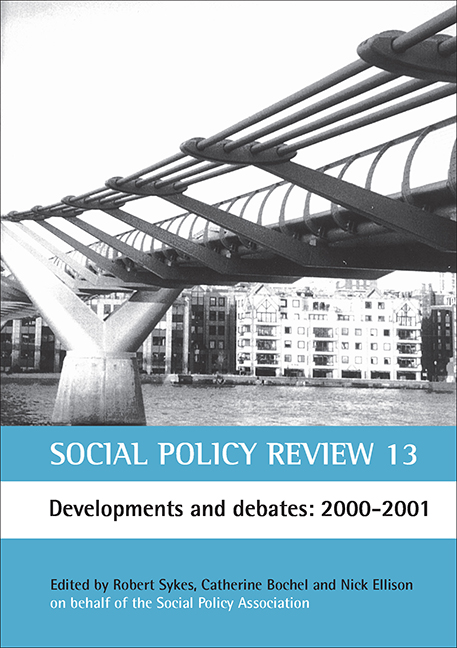two - Couples and their money: theory and practice in personal finances
Published online by Cambridge University Press: 20 January 2022
Summary
Why do some people make apparently irrational financial decisions, despite the plethora of financial advice and information which is now available? This question arose in the course of my recent study on family finances in the electronic economy. Listening to people talking about money made me realise that their discourse is very different from that of the money advice columns of newspapers or the information offered by consumer organisations, financial advisers and other bodies. In an attempt to make sense of the tangle of meanings that that seemed to be attached to money, I have been examining the data from a variety of theoretical perspectives. In this paper I shall present four of these perspectives, illustrating each with examples from my own and other people’s research. The four perspectives draw on:
• economic approaches and rational choice theory;
• social structural approaches and financial exclusion;
• psychological approaches;
• cultural theory and the meanings of money.
The context is a world in which cash is being superseded by cheques, credit cards and Internet banking, in which social security benefits are paid into bank accounts instead of in ‘real money’, in which ‘financial education’ is being introduced into the national curriculum and financial services are increasingly part of the ‘welfare state’ (Pahl, 2001).
The study grew out of a long-running stream of work on the control and allocation of money within the family (Pahl, 1989, 1995). This research showed that couples control and manage their money in a great variety of different ways and that particular systems of money management have significant implications for individuals within couples. Crucially, it underlined the fact that the household cannot be treated as an unproblematic financial unit. Opening up the ‘black box’ of the domestic economy revealed that complex economic and social processes underlie the financial transfers which take place within the intra-household economy.
However, all this research essentially conceptualised money as cash, or as cash held in a bank account. Over the past 30 years there have been dramatic changes in the ways in which ordinary people receive, hold and spend their money. The first credit card was launched in 1966, to be followed by store cards, debit cards, loyalty cards and smart or chargeable cards (Credit Card Research Group, 1998).
- Type
- Chapter
- Information
- Social Policy Review 13Developments and Debates: 2000–2001, pp. 17 - 38Publisher: Bristol University PressPrint publication year: 2001
- 1
- Cited by



